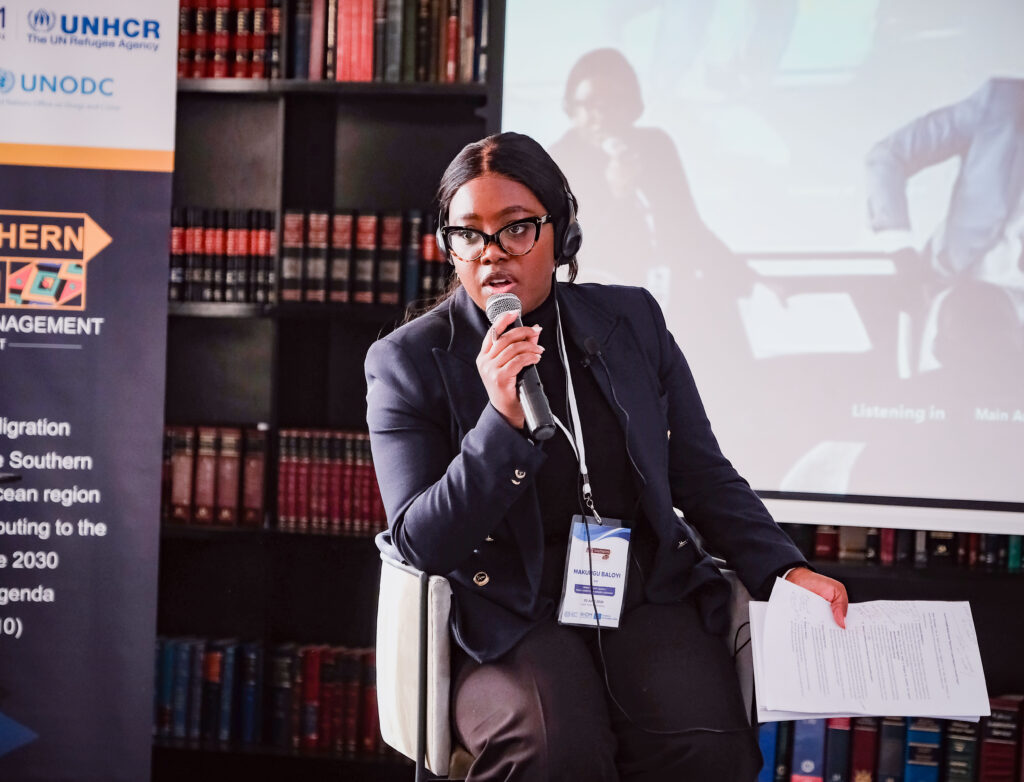
Navigating the field of development communication comes with its own unique set of challenges. Makungu Baloyi, a communications specialist at the International Labour Organisation, holds two Masters degrees in communications and development and started off her career as a communications intern at UNDP before progressing to roles at COGTA and the South African Cities Network. In this article, she draws on her extensive educational background and experience to offer valuable advice on thriving in this sector and communicating to make an impact.
1. Simplify Complex Information
Development communicators often deal with intricate policy documents filled with technical jargon. Baloyi stresses the importance of breaking down this complex information into simpler, more understandable content. Your goal is to make the information accessible to all stakeholders, from policymakers to the public.
2. Embrace Continuous Learning
The field of development is always evolving, and so should you. Baloyi highlights the need to constantly learn, unlearn, and relearn. Staying updated with the latest trends, policies, and technologies in the development sector is essential for effective communication.
3. Deep Content Understanding
Before communicating any information, it’s crucial to fully understand it yourself. Baloyi advises dedicating time to study and comprehend the content thoroughly, as you cannot effectively communicate something you don’t fully grasp.
4. Diversify Writing Techniques
In development communication, you will need to write for various platforms—each with its own style and audience. Baloyi suggests honing your ability to write both long-form content for reports and short-form content for social media, adapting your writing to suit different contexts.
5. Master Knowledge Management
Managing information from its collection to its dissemination is key in development communication. This involves skills in data collation, analysis, and the ability to present the data in a way that resonates with your audience.
6. Overcome Digital Challenges
In a digital world filled with misinformation, it’s crucial to present factual, evidence-based information. Baloyi points out that the biggest challenge in this space is cutting through the noise of sensationalised stories to deliver credible, research-backed content.
7. Capture and Engage Your Audience
With an abundance of information available, keeping your audience engaged is harder than ever. Baloyi advises using digital tools like infographics, short videos, and interactive content to capture attention while simplifying complex information.
8. Leverage Technology
Technological tools like AI, Canva, and Adobe offer innovative ways to enhance communication. Baloyi encourages communicators to stay curious about new technologies and explore how they can be used to improve communication strategies.
9. Measure Impact Beyond Numbers
Success in development communication isn’t just about likes or shares. According to Baloyi, the true measure of impact is whether your communication prompts interest, understanding, and action among your audience.
10. Stay Curious
Curiosity is the cornerstone of effective communication. It drives you to explore new methods, understand your audience better, and stay ahead in a rapidly changing field. Baloyi urges development communicators to remain curious about new information, platforms, and technologies to continue excelling in their roles.
By mastering these skills and staying adaptable, you can make a significant impact as a development communications specialist, helping to shape and inform public understanding of critical development issues.
